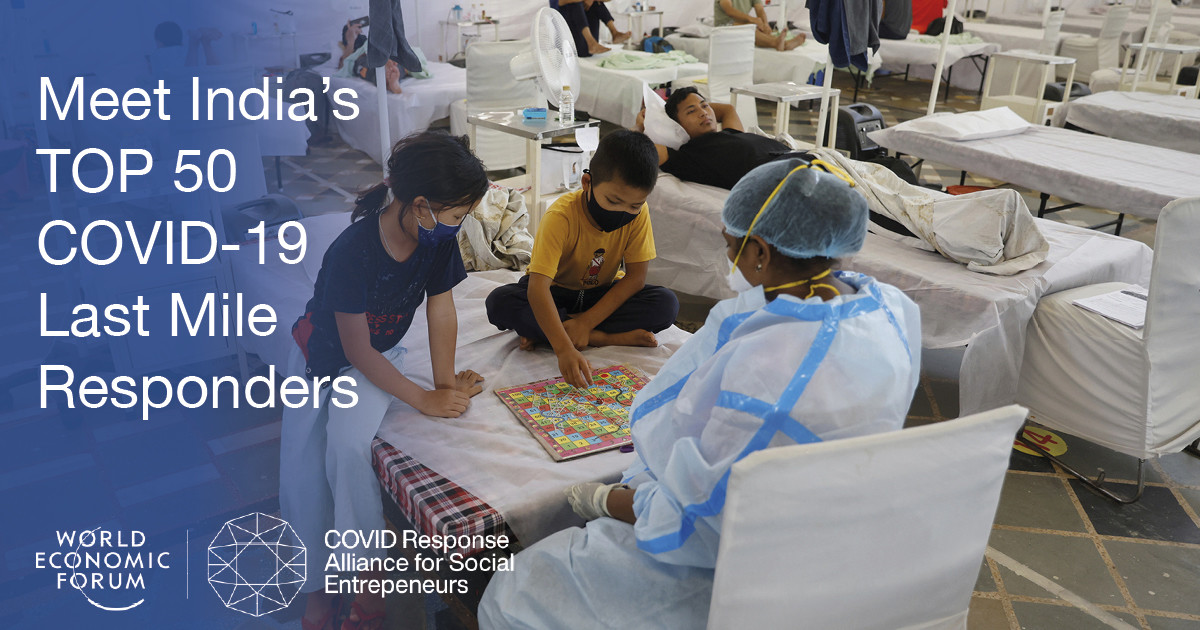COVID-19: What you need to know about the coronavirus pandemic on 8 September

Restrictions remain in place for millions in Australia. Image: REUTERS/Loren Elliott

Explore and monitor how COVID-19 is affecting economies, industries and global issues

Get involved with our crowdsourced digital platform to deliver impact at scale
Stay up to date:
COVID-19
- This daily round-up brings you a selection of the latest news and updates on the COVID-19 coronavirus pandemic, as well as tips and tools to help you stay informed and protected.
- Top stories: Warning over COVID-19 disruptions to TB, HIV treatment in world's poorest countries; Sweden to ease remaining restrictions; COVID-19 likely to evolve like influenza: WHO.
1. How COVID-19 is affecting the globe
Confirmed cases of COVID-19 have passed 221.9 million globally, according to Johns Hopkins University. The number of confirmed deaths stands at more than 4.58 million. More than 5.53 billion vaccination doses have been administered globally, according to Our World in Data.
New Zealand has reported a further fall in locally acquired COVID-19 cases, with 15 reported today, down from 21 a day before.
As of Tuesday morning, 75% of US adults had received at least one dose of a COVID-19 vaccine, the US Centers for Disease Control and Prevention (CDC) announced.
It comes as the CDC warned against travel to Sri Lanka, Jamaica and Brunei because of rising COVID-19 cases.
Venezuela has received its first batch of vaccines through the COVAX vaccine-sharing facility, the Pan-American Health Organization announced yesterday.
Spain's healthcare regulator has approved a third dose of COVID-19 vaccines for people with severely compromised immune systems.
Singapore recorded 328 new domestic COVID-19 cases yesterday, its highest daily tally in more than a year.
Two-hundred-nine deaths within 28 days of a positive COVID-19 test were reported in Britain yesterday, the highest total since 9 March.
The Philippines' capital region will remain under the second strictest COVID-19 restrictions, a senior official announced yesterday, delaying a planned easing of curbs.
Sweden is set to remove most restrictions and limits on public venues, such as restaurants, theatres and stadiums, at the end of September, the government said yesterday.

2. COVID-19 disruption causing deaths from other diseases in poorest countries
Hundreds of thousands of people will die of tuberculosis if left untreated because of disruption to healthcare systems in poor countries as a result of the pandemic, the Global Fund warned.
The Geneva-based aid body said that in some of the world's poorest countries, excess deaths from AIDS and TB could even exceed those from COVID-19 itself.
"Essentially, about a million people less were treated for TB in 2020 than in 2019 and I'm afraid that will inevitably mean that hundreds of thousands of people will die," Executive Director Peter Sands told Reuters.
The Fund's annual report showed that the number of people treated for drug-resistant TB in countries where it operates fell by 19%. A decline of 11% was seen in HIV prevention programmes and services.
India’s leading COVID-19 last-mile responders
3. COVID-19 likely to evolve like influenza: WHO
COVID-19 is something that is likely here to stay, World Health Organization (WHO) officials said yesterday.
“I think this virus is here to stay with us and it will evolve like influenza pandemic viruses, it will evolve to become one of the other viruses that affects us,” Dr Mike Ryan, executive director of the WHO’s Health Emergencies Program, said at a press briefing.
Ryan said that it was "very, very unlikely" that we will eliminate or eradicate the virus.
Don't miss any update on this topic
Create a free account and access your personalized content collection with our latest publications and analyses.
License and Republishing
World Economic Forum articles may be republished in accordance with the Creative Commons Attribution-NonCommercial-NoDerivatives 4.0 International Public License, and in accordance with our Terms of Use.
The views expressed in this article are those of the author alone and not the World Economic Forum.
Related topics:
The Agenda Weekly
A weekly update of the most important issues driving the global agenda
You can unsubscribe at any time using the link in our emails. For more details, review our privacy policy.
More on COVID-19See all
Charlotte Edmond
January 8, 2024
Charlotte Edmond
October 11, 2023
Douglas Broom
August 8, 2023
Simon Nicholas Williams
May 9, 2023
Philip Clarke, Jack Pollard and Mara Violato
April 17, 2023






